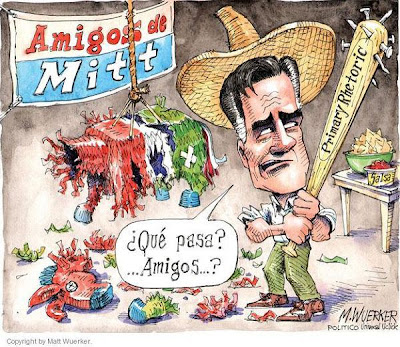The Supreme Court has struck down a Montana ban on corporate political money, ruling 5 to 4 that the controversial 2010 Citizens United ruling applies to state and local elections.
The court broke in American Tradition Partnership v. Bullock along the same lines as in the original Citizens United case, when the court ruled that corporate money is speech and thus corporations can spend unlimited amounts on elections.
“The question presented in this case is whether the holding of Citizens United applies to the Montana state law,” the majority wrote. “There can be no serious doubt that it does.”No arguments were heard; it was a summary reversal. “To the extent that there was any doubt from the original Citizens United decision broadly applies to state and local laws, that doubt is now gone,” said Marc Elias, a Democratic campaign lawyer. “To whatever extent that door was open a crack, that door is now closed.”
A 1912 Montana law barred direct corporate contributions to political parties and candidates — a response to the election interference of “copper kings.” Mark Twain wrote of one such mining giant in 1907, Sen. William Clark (D), “He is said to have bought legislatures and judges as other men buy food and raiment. By his example he has so excused and so sweetened corruption that in Montana it no longer has an offensive smell.” The state supreme court upheld that ban late last year in spite of Citizens United, saying Montana’s history of “rough contests for political and economic domination” gave the state a “unique and compelling interests” in limiting corporate influence on elections.
Justices Ruth Bader Ginsburg and Stephen Breyer wanted the Montana case heard, arguing that Citizens United should get new scrutiny in the light of its effect on campaign finance. In his original decision, Justice Anthony Kennedy argued that independent campaign expenditures by corporations “do not give rise to corruption or the appearance of corruption.” Ginsberg argued that the Montana case was an opportunity to reconsider “in light of the huge sums currently deployed to buy candidates’ allegiance.” But today’s ruling shows that the five justices who supported the original ruling have not budged.
Read the full article @ The Washington Post.













